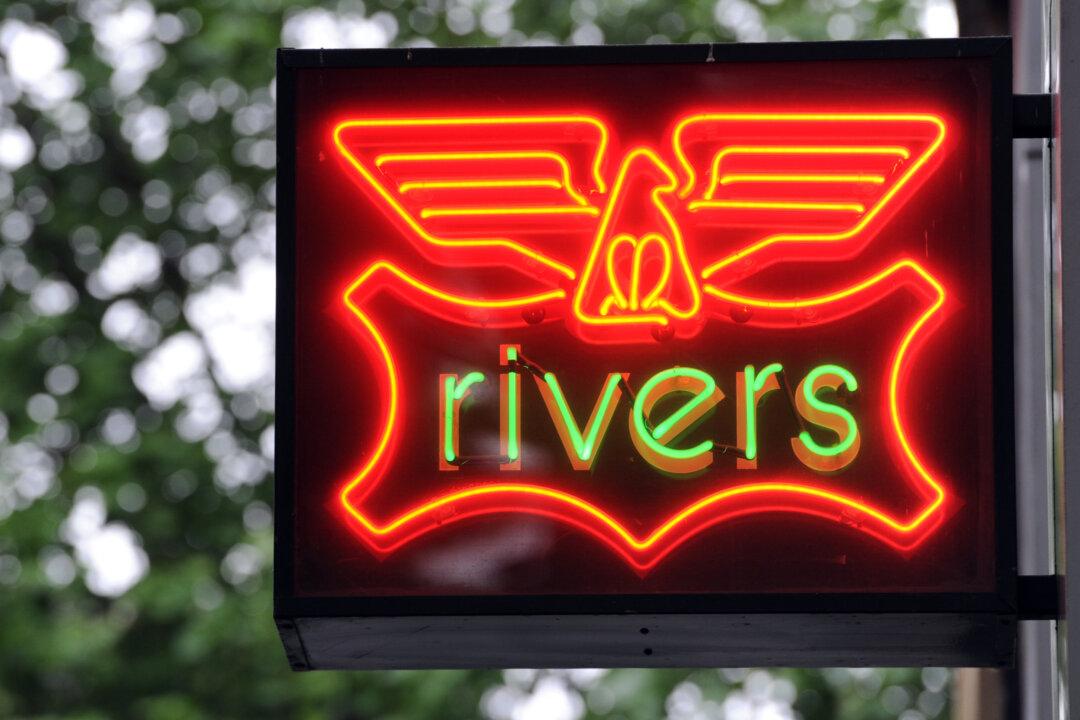Another brand owned by Mosaic is to be closed after receivers failed to find a buyer. Rivers, which traces its history back to 1863, will close 136 stores across the country by mid-April, resulting in the loss of 650 jobs.
It’s the seventh brand taken over by Mosaic to be shut down following, Rockmans, Autograph, Crossroads, W Lane, and BeMe in late September and Katies in December.





